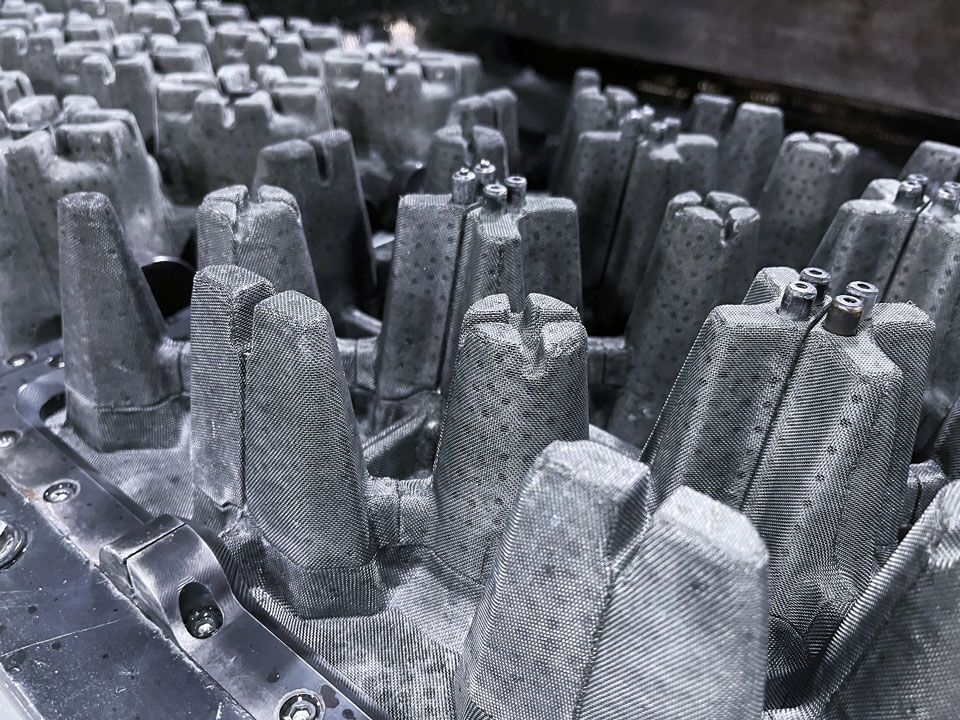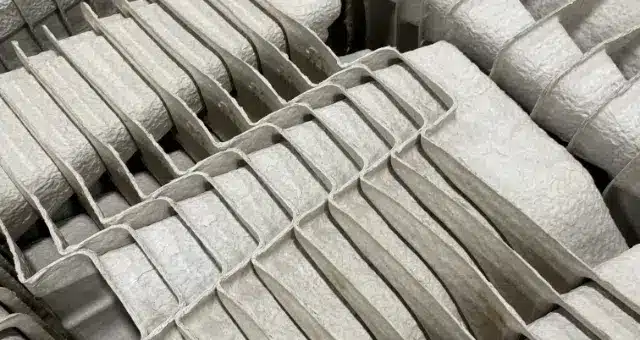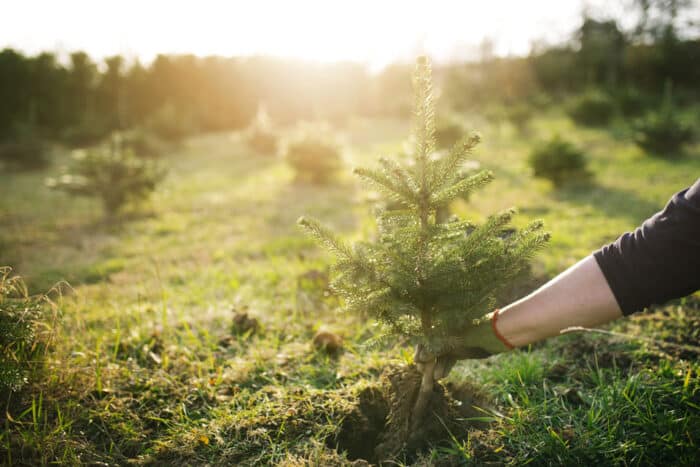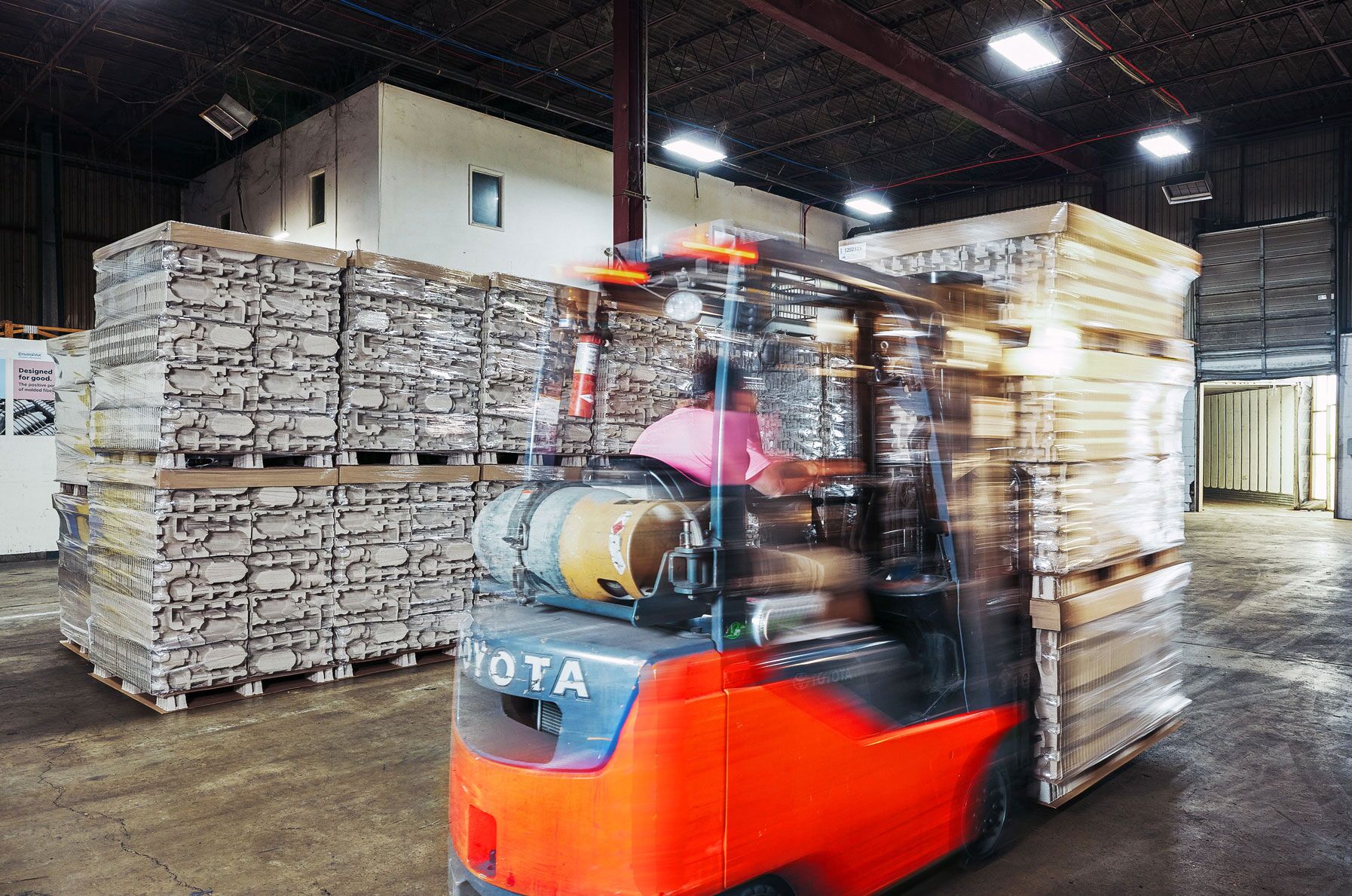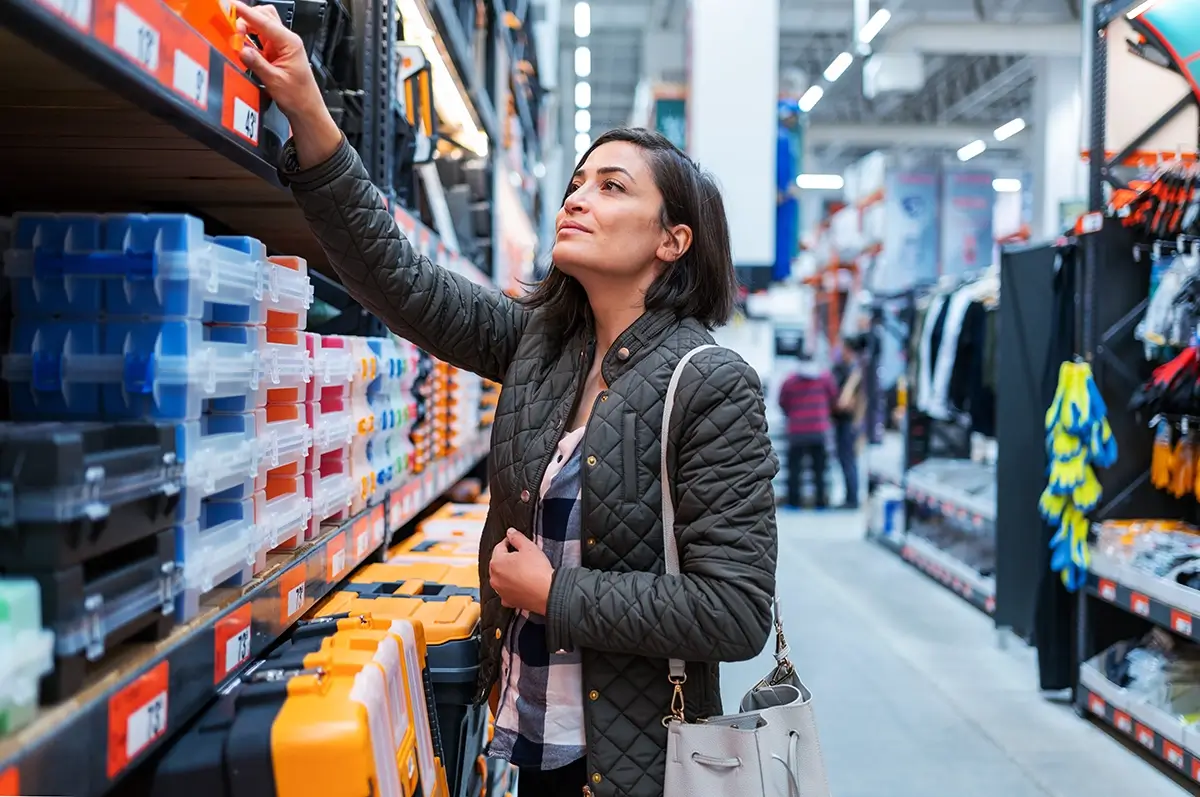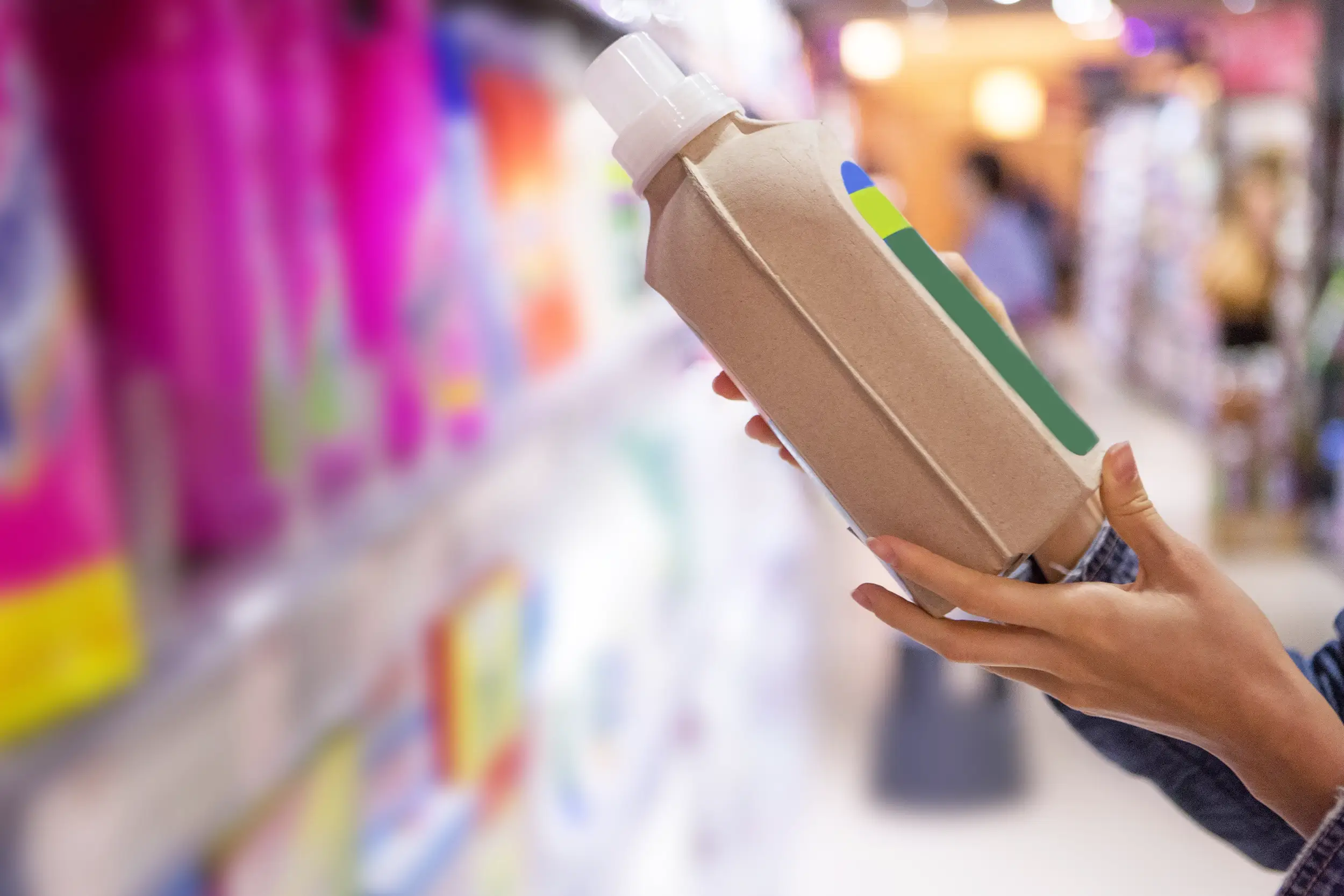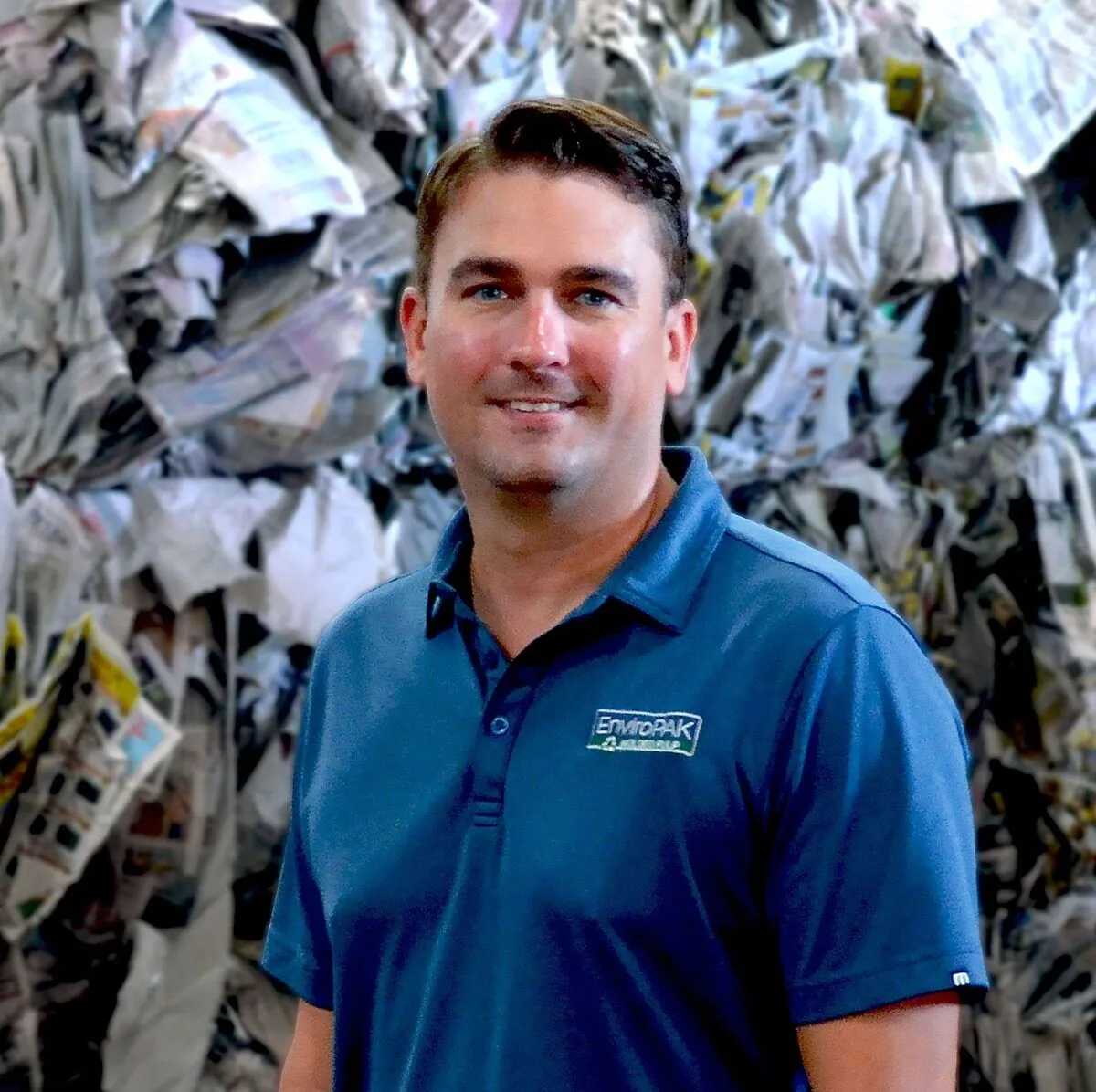If only one word could be used to describe the most prevalent packaging trend for 2024, and beyond, it would be sustainability. The demand for packaging that is environmentally friendly is being pushed by both eco-conscious consumers as well as governments throughout the world. Meeting these demands is not seen as an option for companies wanting to maintain their competitive leverage in the marketplace, it’s a must.
Without this green initiative in place, even the most well known consumer brands can feel the negative financial impact. Especially due to consumers voicing the concern with their pocketbook as they switch to brands looking to reduce landfill waste and improve the greening of our world through sustainable packaging.
In a recent article written for the publication Medium, we learn that “Sustainability continues to be at the forefront of packaging trends. In 2024, we can expect to see an even greater emphasis on eco-friendly materials, recyclability, and reduced plastic use. Brands will increasingly opt for biodegradable, compostable, and recycled packaging materials to minimize their environmental impact.”
Aldi, a leading discount grocery chain that states they have a “responsibility to protect the planet,” was taking proactive actions in sustainability back in 2021 when it was making steps to remove 4,400 tons of plastic from circulation each year. This included reduction in greenhouse gas emissions, operational waste, and plastic packaging materials.
The start of this year, according to Packaging Dive, began with the announcement that the discount grocery chain stopped offering plastic bags at all stores effective immediately as it “ramps up its planet-focused work” for 2024. The company has reduced plastic packaging by 30% which surpass one of their goals for 2025, according to the organization Lets Recycle.
While there are many sustainability trends in packaging for 2024, we’ve highlighted five of these for this year:
Trend 1: Plastics are going, going, gone.
While companies like Aldi’s have taken positive action to achieve their sustainability goals, they are not alone. In fact, Amazon announced that its European facilities have completely eliminated single-use plastic packaging. For their U.S. sustainability focus in the new year, the organization states in the January edition of Sustainable Brands, that “it is opening its first fulfillment center free of plastic packaging in Euclid, Ohio, in October.”
With changes like this happening at Aldi’s, Amazon and countless other consumer driven companies, 2024 could see the greatest shift in packaging.
Trend 2: A shift in packaging material selection.
There is a change in consumer purchasing habits toward products that utilize eco friendly packaging. Analysts point toward the importance of major brands to embrace “recyclable product adoption” since it creates positive brand awareness of their products.
The competitive advantage companies gain from buyers who shop green is evident in the demand surge for molded fiber packaging solutions. This is coming from industries that specialize in electronics, healthcare, beauty products, plumbing, outdoor goods, automotive, and even everyday products found throughout American kitchens that require packaging.
According to Yahoo Finance, demand for molded fiber packaging is going to dramatically surge in 2024 and for the foreseeable future:
“The molded fiber pulp packaging market is expected to be valued at US$ 9.0 billion in 2024. The market size was US$ 8.6 billion in 2023. The CAGR for the market is projected to be 5.4% from 2024 to 2034. The market is anticipated to reach US$ 15.1 billion by 2034.”
The report goes on to state that “molded fiber packaging prominently uses recyclable material, the market for the product is getting propelled. The lightweight but sturdy nature of the packaging makes it easy to handle while also providing security, fueling product demand in the market.” One key product use for molded fiber is trays which, according to Yahoo Finance, is expected to hold a 32.8% share of the market in 2024.
Trend 3: Less is more sustainable.
Limiting the “open” space in packaging is becoming the new norm as companies produce greener products. Minimal packaging has a lot of sustainable benefits. It saves raw material. It saves energy used in manufacturing. It’s also a smart choice for brands wanting to align with their environmentally conscious consumers.
There’s proof that minimal packaging is the way to go for 2024 as evidenced in the results of the Sustainable Packaging Study conducted by Packaging Digest and Sustainable Packaging Coalition. What it concluded was that “92% of consumers believe minimalist, eco-friendly, or biodegradable packaging matters.” This makes partnering with a custom packaging manufacturer that uses this kind of material such as molded fiber essential for today and well beyond 2024
And while companies think ahead about sustainability, in the UK if their product and product packaging is not sustainable, consumers will immediately know on the store shelf. This is because Defra (Department for Environment Food and Rural Affairs) will mandate A “Recycle” or “Don’t Recycle” mark for packaging (including plastic packaging) in the next few years.
For 2024, consumer goods giant Phillips has switched the packaging material for their home appliance line to 100% recycled paper-based packaging. In the change over the “dimensions of the redesigned packaging have also been reduced,” said the company in the trade digest Packaging World. With a new focus on space optimization that minimizes empty areas for each product box, there’s a 65% reduction in ink on the printed packaging area.
Trend 4: Green collar workforce.
In the area of product sustainability, leading research and analysis firm Deloitte points out that, “Consumers want product proof. They want to know if the product materials are natural, renewable, recycled, and repurposed.”
Today’s companies can no longer just talk about sustainability without achieving the results to back it up. Getting there requires the professional workforce with the right green skills to help them achieve this. In fact, according to Forbes, Green skills in 2024 are going to be like digital skills in 2004.
One of the essential green skills major brands require includes product packaging design for consumer brands. According to Deloitte in their overview of green job growth for 2024 and beyond, “The [ packaging ] design sector is creating green jobs due to an increasing focus on high recycling rates and stricter eco-design criteria. This has made eco-design packaging an emerging job source.”
This same overview by Deloitte also referenced a survey they did of executives in consumer packaged goods companies. What it found was that “slightly more than half (54%) believe consumer sustainability is a critical area for consumer product innovation.
Trend 5: Sustainable packaging regulations – A positive direction.
Late last year, U.S. Senator Sheldon Whitehouse stated that “We are living with a flood of plastic pollution” What became a statement of concern has turned into the U.S. Congress reintroducing legislation titled: Rewarding Efforts to Decrease Unrecycled Contaminants in Ecosystems (REDUCE).
Under this proposed tax there would be a fee starting at 10 cents per pound of virgin plastic and increasing to 15 cents per pound in 2025 and 20 cents in 2026. In addition, there was the introduction in Congress of the Farewell to Foam Act that would prohibit the sale of some types of polystyrene foam packaging starting in 2026.
While sustainability legislation is trending in the right direction, especially for packaging, in the UK it’s the law. Spec Insights summarizes this law by stating that, “Any company importing or manufacturing 10+ tons of plastic packaging components in the UK will be subject to this tax.” This is a tax rate of about $254 dollars for every metric ton.
What is happening in the UK, especially in regards to how it applies to packaging, is being watched carefully. This includes many U.S. product manufacturers such as health and beauty brands who currently, or plan to, export their brand goods to this overseas market.
As highlighted in Cosmetic Packaging Now, and in a detailed report just published last month by the trade publication InkTank, Sustainable Packaging Regulations Coming For Cosmetics and Beauty Brands in 2024:
“U.S. beauty product exporters with sights on UK and EU markets face increased compliance costs due to packaging regulations requiring investments in redesigning and meeting environmental standards.
Complying with these stringent regulations presents an opportunity for U.S. manufacturers to enhance their brand image, appeal to eco-conscious consumers, and gain a competitive edge. These regulations reflect the worldwide shift toward stricter environmental standards.”
Just as important as ensuring the packaging is sustainable, U.S. product brands with eyes set on expansion, need to know that what’s imprinted on the sustainable packaging must also be recyclable – all in an effort to reduce the environmental impact. As InkTanks points out, “Water-based and soy-based inks align with the sustainability goals of many [ American and foreign ] brands and meet regulatory requirements of both the UK and EU.”
2024: 100% recyclable. 100% biodegradable. 100% positive.
There’s a lot happening in the world of consumer brand packaging for 2024. And most of it is focused on sustainability. The one packaging material that can help you achieve an eco-friendly product to attract green consumers is molded fiber. It’s made from post-consumer paper, plus it’s recyclable and biodegradable. It’s what you want, it helps sustain the environment, and this material appeals to your customers.
Learn more about why molded fiber packaging is the sustainable direction for the environment and your customers in 2024 by contacting EnviroPAK. At EnviroPAK, our molded fiber packaging, made from 3,500 tons of recycled paper yearly, is the ideal sustainable, biodegradable and compostable solution to protect your products and your brand image with consumers.


